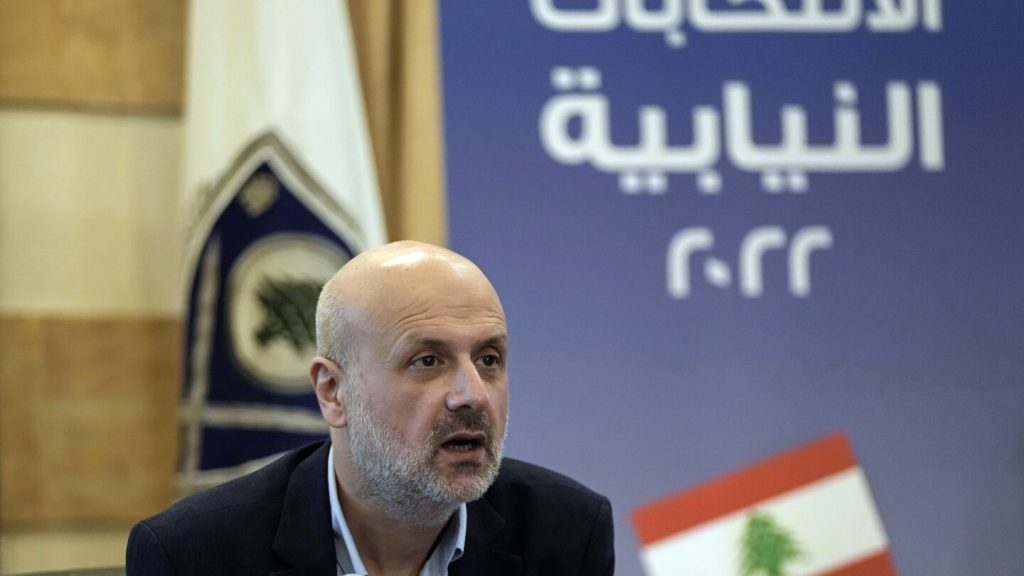Lebanon’s caretaker interior minister, Bassam Mawlawi, has called for restrictions on the number of Syrian refugees entering the country following the slaying of a local politician, Pascale Suleiman, by a gang of Syrian nationals. Suleiman, a member of the Christian nationalist Lebanese Forces party, was killed in what Lebanese military officials initially described as a robbery. However, Suleiman’s party suspects political motives behind the attack, leading to anti-Syrian violence and escalating tensions in Lebanon. Mawlawi emphasized the need for Lebanese security forces to enforce laws on displaced Syrians, as 35% of detainees in Lebanese prisons are Syrian nationals.
The presence of nearly 785,000 U.N.-registered Syrian refugees in Lebanon, who rely heavily on aid for survival, has prompted concerns about rising crime rates and tensions between Lebanese citizens and Syrian refugees. Videos have surfaced showing Lebanese individuals attacking Syrians in the streets and vandalizing vehicles with Syrian license plates in response to Suleiman’s death. The incident has exacerbated political and sectarian divisions in the country, with the Lebanese Forces party accusing Hezbollah, a powerful Islamic militant group backed by Iran, of involvement in the attack. Prime Minister Najib Mikati’s office urged the Lebanese people to remain calm and avoid actions that endanger security.
Hezbollah leader Hassan Nasrallah condemned the Lebanese Forces party and its allies for making baseless accusations and fueling sectarian rhetoric. According to three judicial officials, three Syrian nationals were apprehended in connection with Suleiman’s murder, with the assailants revealing that they were part of a theft gang operating between Lebanon and Syria. Suleiman was killed when he resisted the theft of his car, and his body was transported to Syria before being returned to Lebanon. The officials spoke on condition of anonymity, as they were not authorized to speak to the media. Amidst conflicting narratives, tensions remain high in Lebanon, with fears of further violence and instability.
The Lebanese Forces party, known for its opposition to Hezbollah, has been at the forefront of the anti-Syrian sentiment in the country, exacerbating existing political and sectarian fault lines. The party’s supporters and allies blame Hezbollah for the attack on Suleiman, citing ongoing clashes between Hezbollah and the Israeli military as a source of tension. The current situation in Lebanon is precarious, with deep divisions among political factions and increasing animosity towards Syrian refugees. Mawlawi’s call for restrictions on Syrian presence in Lebanon reflects broader concerns about security and stability in a country grappling with economic crisis and political turmoil.
As Lebanon continues to navigate complex challenges, including the fallout from the Beirut port explosion, economic collapse, and political deadlock, the recent killing of Pascale Suleiman has further strained an already fragile situation. The impact of the incident on Lebanese-Syrian relations, internal politics, and broader regional dynamics remains to be seen. With calls for restraint and conflicting narratives surrounding the murder, Lebanon faces a critical moment that will test its ability to maintain peace and stability amidst mounting pressures. The need for a unified approach to addressing security threats and social tensions is paramount as the country grapples with the aftermath of this tragic event.


